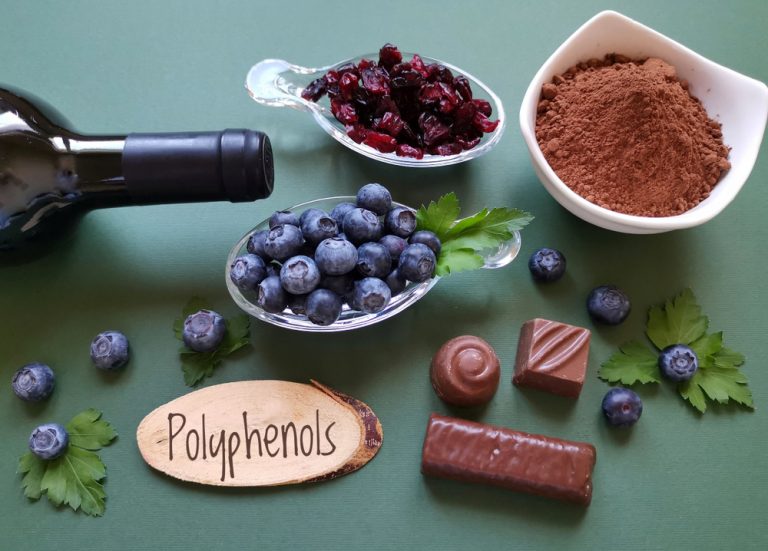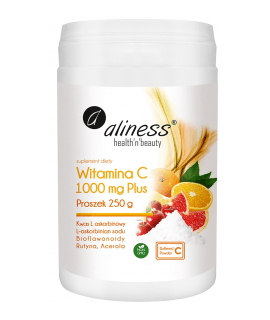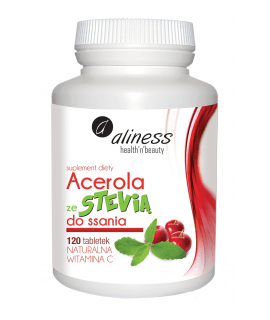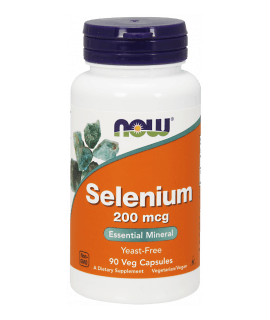Polyphenols are chemical organic compounds that occur naturally in plants. Most of them have strong antioxidant properties. This property makes that eating vegetables and fruits high in polyphenols reduce the risk of cardiovascular disease and cancer. The results of many studies have shown that food rich in these bioactive compounds plays an important role in the prevention of civilization diseases.
What are polyphenols?
Polyphenols not only have health-promoting properties but also affect the taste of food. Their content determines the texture, taste and appearance. Apples and tea can be bitter due to catechins and procyanidins, which are polyphenols. The bitter taste of citrus is caused by floridins and naringenin.
The presence of polyphenols in plant tissues protects them against insects, fungi and viruses. These substances are part of the natural defence mechanism against attacks by intruders.
An important group of polyphenols are flavonoids, which act as plant pigments. These compounds accumulate in fruits and flowers. Thanks to their content, the berries are navy blue, and the citruses are orange or yellow. Coloured polyphenols protect plants against mutagenic factors and lure insects that participate in the pollination of flowers.
Flavonoids eaten with food can also protect the human body against harmful changes in the DNA of cells. This is one of the reasons why it is recommended to eat 5 servings of vegetables and fruits per day.
Polyphenols - food sources
Polyphenols occur naturally in plant foods. Foods that are a good source of them are primarily fruits and vegetables, such as
- apples
- apricots
- chokeberry
- currants
- blackberries
- blueberries
- cherries
- grapes
- citrus
- nectarines
- peaches
- pears
- plums
- raspberries
- strawberries
- asparagus
- broccoli
- carrot
- potatoes
- onion
- spinach
- bean
- soy
In the case of fruit, it is worth noting that the highest concentration of these health-promoting substances is present in their skins.
Nuts, seeds and whole grains are also good sources of polyphenols.
These compounds are also found in high concentrations in popular herbs known from traditional natural medicine and spices such as
- cumin
- cinnamon
- cloves
- curry
- oregano
- rosemary
- sage
- anise
- thyme
- basil
- marjoram
- parsley
- mint
Other products rich in polyphenols include
- black and green tea
- cocoa
- coffee
- dark chocolate
- red wine
The content of polyphenols in food products
The recommended daily dose of polyphenols is 0.1-1.0 g. Fruits such as grapes, apples, pears, cherries and blueberries contain up to 200-300 mg of polyphenols per 100 grams.
The products made of them also contain significant amounts of these health-promoting compounds. Interestingly, a glass of red wine or a cup of tea contains about 100 mg of polyphenols. As a result, the presence of these products in the diet may reduce the likelihood of chronic diseases.
The main source of polyphenols in Europe are onions, black tea, red wine and apples. There is research to suggest that French eating habits, such as frequent consumption of red wine, make them less likely to suffer from heart disease.
Polyphenols - structure and division
Polyphenols are organic chemical compounds containing an aromatic carbon ring to which are attached at least two hydroxyl groups.
Due to their origin, they can be divided into natural, semi-synthetic and synthetic.
Among the natural plant flavonoids, we distinguish:
- flavonoids
- tannin
- phenolic acids
- stilbenoids
- lignans
- lignin
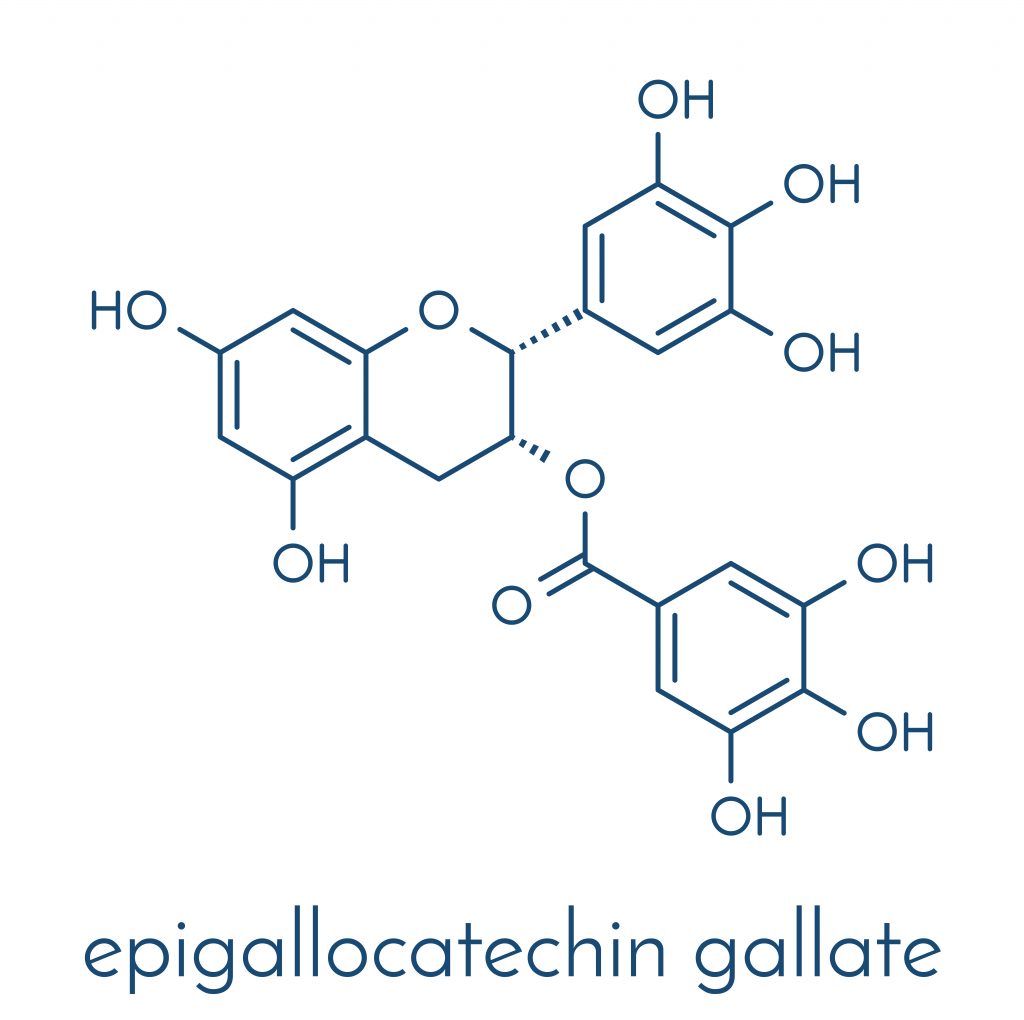
Polyphenols - antioxidant properties
The antioxidant properties of polyphenols result from the presence of -OH groups in their structure, which can reduce harmful free radicals. Contact with them leads to various types of damage to cellular structures. One of the most serious of these is DNA mutations.
Such changes can induce the process of carcinogenesis, leading to the formation of neoplastic disease. Free radicals are formed as a result of natural biochemical reactions taking place in our organism’s cells.
They are also formed under the influence of external factors such as
- toxic chemicals
- UV radiation
- ionizing radiation
- ultrasounds
Belonging to the polyphenols, the group of flavonoids inhibits the activity of enzymes involved in the production of free radicals in cells. At the same time, it shows the ability to chelate metal ions (iron and copper), and as a result, it blocks the formation of reactive oxygen species.
It is extremely important because currently high concentrations of free oxygen radicals are associated with the development of a large number of civilization diseases, e.g.
- atherosclerosis
- cataracts
- diabetes
- Parkinson’s disease
- Alzheimer’s disease
A diet rich in food containing high concentrations of natural antioxidants plays an important role in the prevention of cardiovascular diseases and cancer.
Polyphenols - antiatherosclerotic properties
An important group of plant pigments belonging to polyphenols are flavonols with anti-atherosclerotic properties.
Their activity is based on inhibiting the oxidation of the cholesterol’s LDL fraction and increasing the concentration of good cholesterol in the blood. This, in the end, slows down the formation of atherosclerotic plaques.
Polyphenols - anti-cancer properties
Polyphenols protect the body against carcinogens and mutagens. The presence of these toxic compounds in cells is one of the causes of DNA mutations leading to the initiation of the process of carcinogenesis.
By neutralizing mutagenic substances, polyphenols contribute to reducing the risk of neoplastic changes.
Research also indicates that these health-promoting plant compounds can inhibit the growth of already formed tumours. This is because they block the development of blood vessels in the cancerous tissue, which prevents it from getting the nutrients it needs to grow.
However, this does not mean that foods containing polyphenols can be considered an anti-cancer therapy. A properly composed diet, rich in bioactive ingredients, can provide valuable support for the body during the treatment process.
Polyphenols with anti-cancer properties:
- gingerol, presented in ginger
- epigallocatechin gallate found in green tea
- resveratrol, which is a component of red wine
Polyphenols have the ability to protect the body against harmful, carcinogenic nitrogen compounds that are present in smoked meats and cured meat.
Polyphenols - supplementation or a healthy diet?
Currently, dietary supplements containing high concentrations of polyphenols are available on the market. However, it should be remembered that the excessive consumption of these compounds may have a negative effect on the body.
Animal studies suggest that the consequences of overdosing on such supplements may be problems with the kidneys and thyroid function.
The safest and best for your health is to eat natural plant foods rich in polyphenols.
